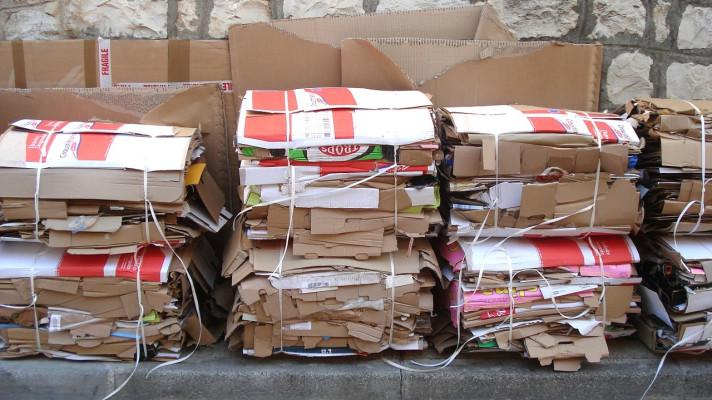Rusko a Indie představují v odpadovém hospodářství velikou příležitost (Russia & India - Waste Management Sector's Biggest Opportunity)
ISWA President David Newman questions whether, from an environmental perspective, it would be better to invest in basic sanitary waste collection and landfills in the huge countries of the developing world, than in ever higher and more expensive to achieve recycling rates in Europe...
 Each month ISWA publishes a Waste Business Monitor.Here is the extract from the latest issue regarding November's data:
Each month ISWA publishes a Waste Business Monitor.Here is the extract from the latest issue regarding November's data:
"This issue analyses 109 waste projects worldwide with an estimated value of US$10.26 billion. Looking at the types of facilities, 31 (28%) of the projects were for waste incineration with energy recovery followed by recycling (24) and anaerobic digestion (10).
In financial investment terms, incineration with energy recovery accounted for US$3.49 billion of the month's total where figures were given, followed by recycling (US$1.34 billion) and gasification. (US$1.2 billion).
Gasification also played a leading role in adding capacity. Figures available indicate that 2.5 million tonnes per annum were added or planned, gasification plants accounting for 1.16 million tonnes, 46.9% of the total."
Now, every time we publish these data we have to specify that these are planned projects and not what has been executed in this month- announced projects may never even be started, let alone finished. And if finished (as we know) they may be completed in five or ten years' time.
I want to underline the significant investments being made in the waste sector worldwide. I recall, over two years ago when beginning my Presidency, saying how we needed around $30 billion per year in spending to achieve global coverage of collection systems and treatment plants of the most basic type (good landfills, for example).
Evidently we are far in excess of this figure in terms of annual, global waste investments. But where is the catch?
Well, spending is still predominantly oriented to developed markets and not to developing countries. Of the total spending reported the UK alone accounted for one third and China another 17%. Once again, Africa was not even on the chart but more shockingly, nor was Russia where over 95% of waste is landfilled or dumped.
A recent IFC report showed that Russia now has landfills and dumps accounting for 4 million hectares of space, more than the areas of The Netherlands and Switzerland combined. And each year another 400,000 hectares are taken over for landfilling, mostly with few controls and safeguards. This is really disturbing data. A country the size of Luxembourg (more or less) is covered in waste each year in Russia.
India appears on the chart for the number of projects announced but experience tells us that few of these will ever be delivered. Maybe the Government of PM Modi will change this, but we still need to see to believe.
So while many economically developed countries are trying to raise their recycling levels to 50% or more, to achieve EU targets for example, or to reduce their CO2 emissions, these huge landmasses which are Russia and India still have no control over their waste management.
It is a great opportunity for our sector when Russia as well as India open up to investments but meanwhile, this situation begs the question: from the environmental point of view, wouldn't it make sense to invest our money in these countries rather than in raising recycling a few percent in those countries already with high recycling levels?
Will, on a global scale, it make any real environmental difference if for example Belgium, Austria or the Netherlands recycle 80% of their waste rather than 70%?
Would it not be money better spent to use those financial resources to build good, sanitary landfills with biogas collection in Africa, India and Russia?
This is not to criticise the high recycling targets many countries have set; rather, it is to ask where, on a global scale, are our priorities?
ZDROJ:http://www.waste-management-world.com/, kráceno
